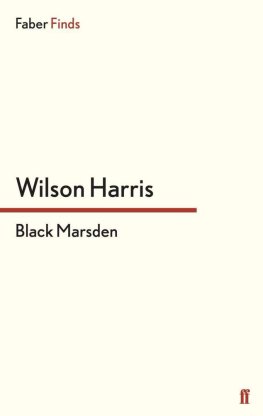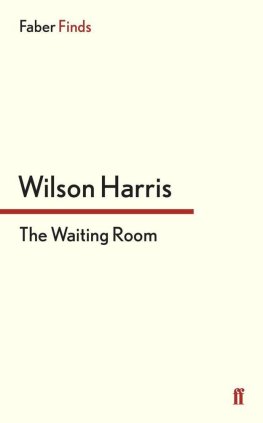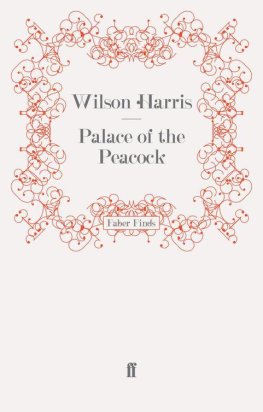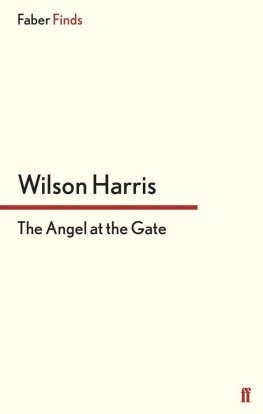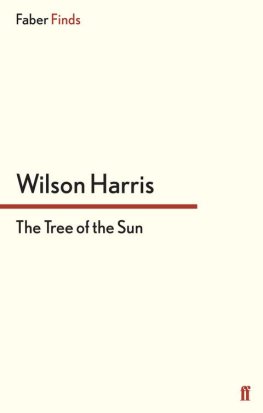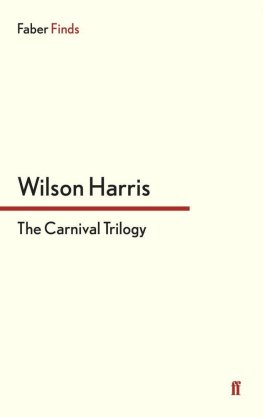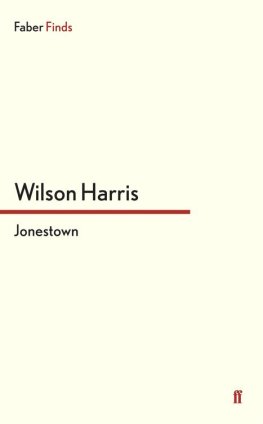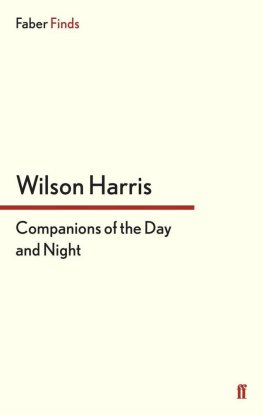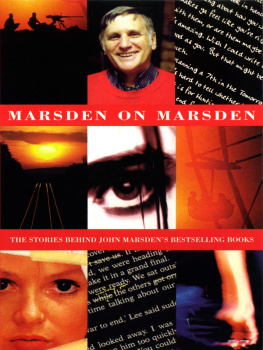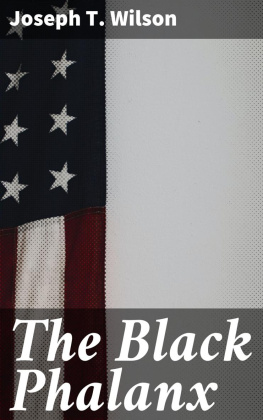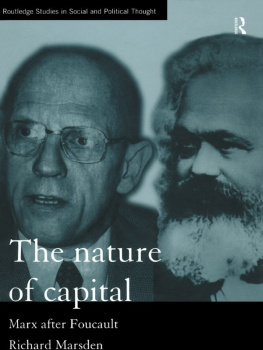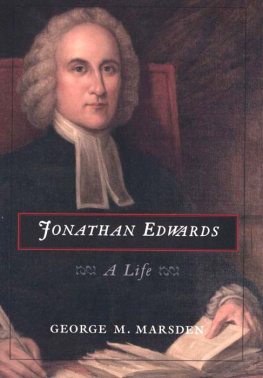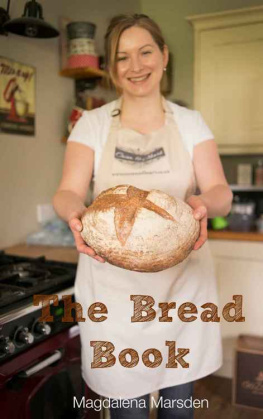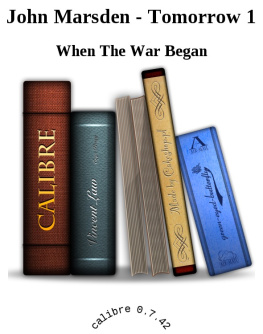Wilson Harris
Black Marsden: A Tabula Rasa Comedy
this book which carries a memory or two of places we have visited
If ever thou gavest hosen and shoon,
Every nighte and alle,
Sit thee down and put them on;
And Christe receive thy saule.
If hosen and shoon thou neer gave nane,
Every nighte and alle,
The whinnes sall prick thee to the bare bane;
And Christe receive thy saule.
If ever thou gavest meat or drink,
Every nighte and alle,
The fire sall never make thee shrink,
And Christe receive thy saule.
If meat and drink thou gavest nane,
Every nighte and alle,
The fire sall burn thee to the bare bane;
And Christe receive thy saule.
An Ancient Ballad
I have two souls , the one being all unconscious of what the other performs.
The Private Memoirs and Confessions of a justified Sinner by James Hogg
The frequency in Scottish literature of theme and variation, duality, split personality demands an explanation, which at best can only be tentative. Several recurrent traits may perhaps have gone to produce this phenomenon. One is the intense preoccupation with character, with which is linked a relentless curiosity, an insatiable desire to enter into other peoples minds. (Such a tradition) usually is not satisfied with outward appearances; (it) worries what may be behind the surface. Then there is the subjective impressionism so characteristic of Scots and Gaelic poetry. The whole thing can be seen from different angles, as a whole series of variations on a single theme. From the beginning, (this) poetry showed a combination of two or more seemingly irreconcilable qualities: of high pathos and everyday realism, of stark tragedy and grim humour, of high seriousness and grotesquerie, of tenderness and sarcasm effortless transition from mood to mood frequent change of level diverse poems and mock elegies. This emotional and intellectual dualism the Caledonian Antisyzygymay possibly have been reinforced by the schizophrenic tendencies of a nation which came to use one language to express thought, another to express feeling. It may also have been hardened by the stern intellectual discipline of Calvinism; and, as the impact of the Reformation gradually wore off, people may have become increasingly conscious of the latent emotional and moral dualism implicit in the overt contradiction between the Scottish Sabbath and the Scottish Saturday (or Friday) night. Yet it would be clearly wrong to explain the underlying dualism simply, or even chiefly, in terms of them. At any rate, the problem of a strangely subjective vision of reality is dominant.
The Scottish Tradition in Literature by Kurt Wittig
Am I a thingum mebbe that is kept
Preserved in spirit in a muckle bottle?
Hugh MacDiarmid
So I haunted the City of your dreams.
St-John Perse in Anabasis (translated by T. S. Eliot)
Acknowledgements are due to authors and publishers as follows: Oliver and Boyd Ltd for quotations from The Scottish Tradition in Literature by Kurt Wittig; The Clarendon Press for quotations from John Knox by Jasper Ridley; The Bodley Head Ltd for quotations from Haunting Edinburgh by Flora Grierson; Penguin Books Ltd for quotations from The Legend of John Hornby by George Whalley; Faber and Faber Ltd for quotations from Writings from the Philokaliaon Prayer of the Heart translated by E. Kadloubovsky and G. E. H. Palmer; Cassell and Co Ltd for adaption of a quotation from Highland Days by John Gordon.
I came upon him in a corner of the ruined Dunfermline Abbey of Fife like a curious frozen bundle that may have been blown across seas and landscapes to lodge here at my feet. On the journeys I had made through Fife last year I had been aware of the harlequin cloak of the seasons spread far and wide into strange intimacies and dissolving spaces. For example I had looked down upon the sea from another ruined abbey at Culross; I recalled evenings bridled by early lights along the Firth of Forth; all this seemed at times sunken into a transparent film or subaqueous world. The ancient palaces and corridors I visited were an extraordinary and naive cradle of kings woven nevertheless into complex, sometimes implacable legend. This combination of naive and complex features was true of kings whether in pre-Columbian America or pre-Renaissance Scotland or Europe. The idea obsessed me and I found myself at liberty to trace its contours around the globe since winning a fortune from the Football Pools.
A half-frozen spectre of a man it was who appeared now at my feet in a corner of the winter Dunfermline Abbey. His beard was savage and black and icy and consistent with a wildness of nature that literally pierced me as our eyes met. It was an uncanny twist or stab from within myself as if I knew him though I had not seen him before.
I had hardly dwelt properly upon this when the knives in his eyes turned into quills. Something to do with the glinting threads of light that laced the Abbey in the winter afternoon. It was self-surrender, I thought, rather than self-conquest which had been inscribed there upon a living mask. I had read of magicians who slept in ice or snow. It was this aspect of strange immunity to the elements and strange immersion in the elements half-pathetic and sorrowful, half-ecstatic and joyful that became now a kind of vivid black humour, deepset and unique as a late dazzle of sun.
I leant forward and addressed him. Smoke rose from my lips. He shuddered a little. Are you all right? I said. I felt awkward and unfree. He sensed my embarrassment as well as fascination and grimaced with pain to intimate to me that my inner frame corresponded with his shuddering stiffness as though one disability sparked the other.
All right, he replied. All right.
We were curiously united within a human mist or ground of shared predicament. He looked doubled-up and spectral; no longer did he glint with knives and quills but his bent back had turned into a harp and I had been metamorphosed into a kind of rib or spring stretched by the deepest pull of fascination towards a condition of marvel.
*
This was the beginning of my curious and ambivalent friendship with Doctor Black Marsden Clown or Conjurer or Hypnotist Extraordinary. As if that winter afternoon the strangest invisible Gorgon or Muse, ancient as the face of the globe, had turned her head towards us and fascinated us beyond words. I was in process of projecting from within myself upon him as he simultaneously projected his mysterious frame of associations upon me an assortment of instruments ranging from a knife to a harp.
It was an uncanny idea (I felt myself stricken to the bone by the disease which I had already characterized to myself as condition of marvelmy conscription by the fortunes of history into a patron of the arts): uncanny to dream that a Gorgon or Muse, ancient as the face of the globe, had long fascinated us without our being aware of it and bound us into conserving and fleshing within ourselves the ritual skeletons of civilizations (walking knives or bent harps).
The Gorgon or Muse, Doctor Marsden said, was the open-ended mystery of beauty flesh into stone or vice versa.
The Walking Knife, Doctor Marsden said, was both straight and twisted as love or death.
The Walking Harp, Doctor Marsden said, was an essential ruined cage within ourselves/cradle of music/vibrating touchstone.
So he spoke and I listened.
A month or two later with Spring his words began to blossom and take shape. He had accepted my invitation to return with me to my house in Edinburgh (and stay as long as he liked) the afternoon I had stumbled upon him in a corner of the ancient Dunfermline Abbey.

